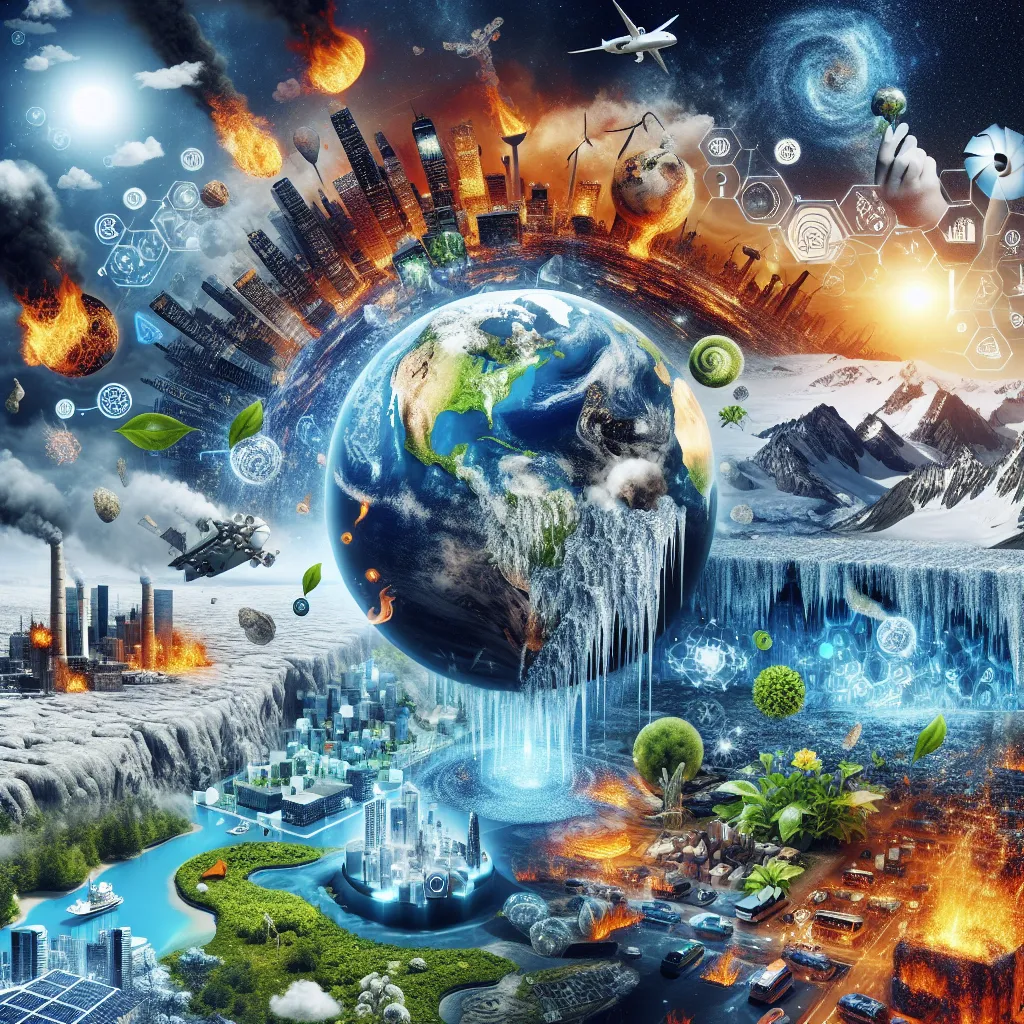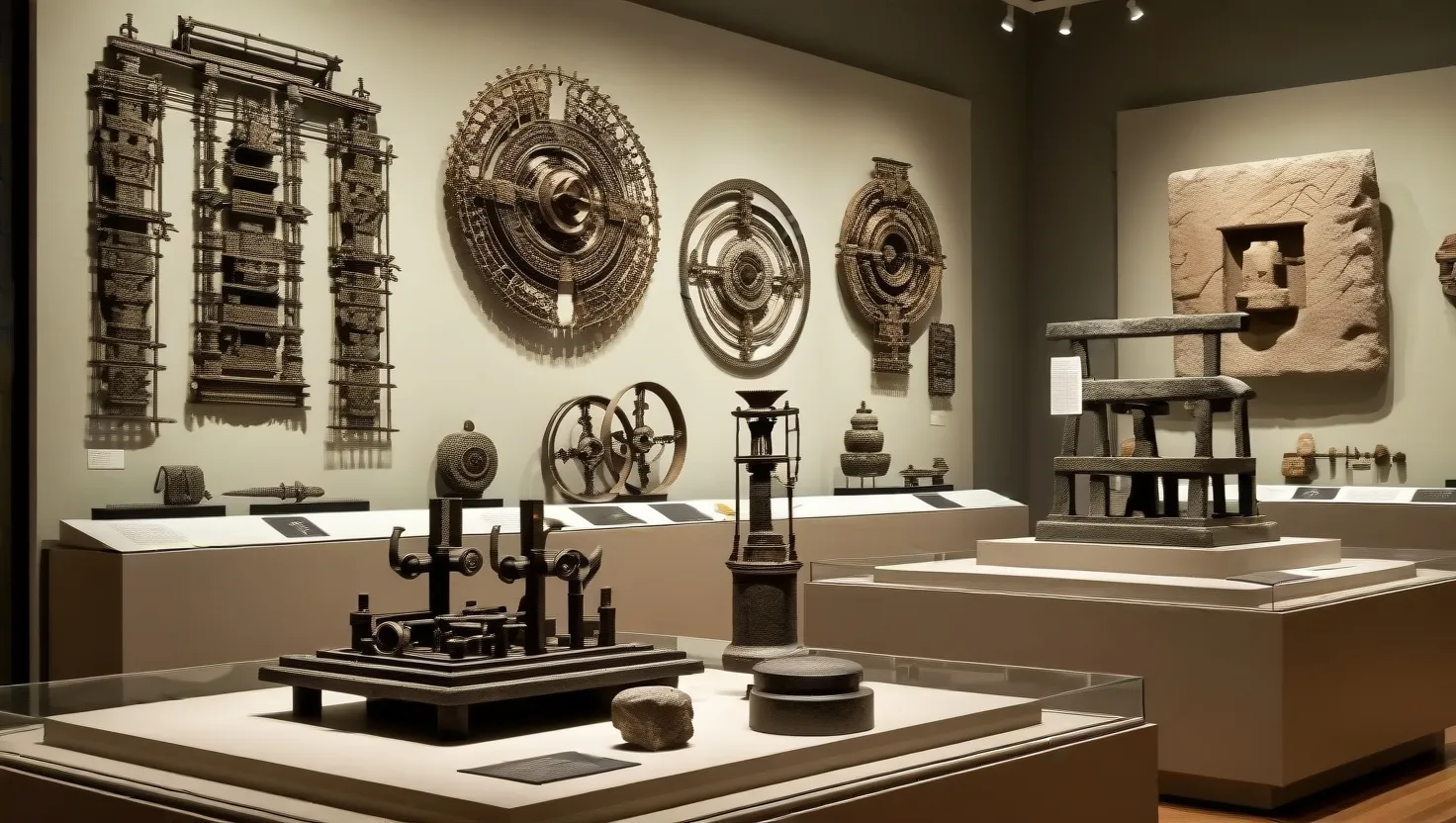Climate change feels like an endless cycle of bad news. Every year, there’s some new alarming record, from severe heatwaves to speedy glacier melts. We’ve known for decades that it’s our greenhouse gas emissions causing this shift. Yet, in 2019, we produced 50% more CO₂ than in 2000, and it’s still increasing. But why can’t we stop this?
Our collective CO₂ emissions are influenced by four main factors: Population Size, Economic Growth, Energy Intensity, and Emissions per Energy Unit.
Population size is a straightforward factor. More people means more demand for food, homes, and goods, leading to higher CO₂ emissions. The world’s population is growing and will level off around 2100. To slow this growth, we need better healthcare, contraception, and education in developing countries. But even with significant investments, it will take decades to see a drop in birth rates and a resulting decrease in emissions.
Economic growth is another big player. As people get wealthier, their lifestyles produce more CO₂. A programmer in the US has a much higher CO₂ footprint than 50 farmers in Uganda. While economic growth has pulled countless people out of poverty and boosted living standards, it’s a tough cycle to break. Rich countries are unlikely to abandon the concept of growth, and developing nations aspire to become wealthier too. Although there are signs that economic growth can be decoupled from CO₂ emissions, we’re not there yet.
Now, energy intensity speaks to how efficiently we use energy. Efficient technology and systems can significantly reduce emissions. However, increasing efficiency alone won’t solve the problem because of rebound effects. Sometimes, making something more efficient means people use it more, negating any savings. For example, cheaper air travel due to efficient planes leads to more flights. Also, money saved from efficiency might be spent on other CO₂-emitting activities, like vacations. Plus, the more we optimize for efficiency, the costlier and harder it gets over time.
The last factor is our global carbon footprint, determined by the CO₂ released per energy unit generated. Fossil fuels are the main culprits here. Although we can’t just ditch coal and oil overnight, we can make significant strides with existing technology. Keeping nuclear plants running longer, cutting fossil fuel subsidies, pricing carbon emissions, and enforcing energy efficiency standards are steps we can take now. Additionally, fostering new technologies like carbon capture and advanced batteries is crucial. However, innovation takes time, and we need immediate action to reduce emissions while we develop these solutions.
Though addressing climate change is complex, involving the needs of billions and a society reliant on fossil fuels, it’s achievable. We must combine immediate measures with long-term innovations to reduce our carbon footprint and transition to a cleaner future. It’s a challenging journey, but with concerted efforts, it’s possible.






